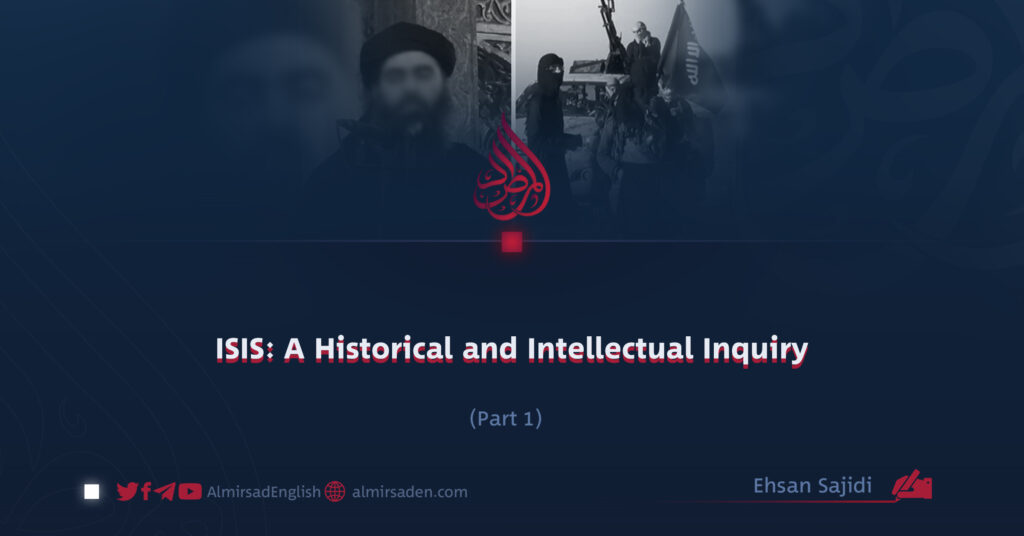Part 1
Ehsan Sajidi
The course of human history reveals a constant struggle between divine guidance and carnal desires, present since the dawn of existence. This inherent conflict is clearly articulated in the Holy Qur’an: “And [by] the soul and He who proportioned it, and inspired it [with discernment of] its wickedness and its righteousness” (Quran 91:7–8). These verses underscore the fact that human societies have always oscillated between truth and falsehood, guidance and deviation.
To guide humanity through this struggle, Allah Almighty sent prophets to illuminate the path from the darkness of ignorance to the light of divine knowledge. The final and most decisive phase of this divine guidance came with the mission of the Seal of the Prophets, Muhammad (PBUH), who brought complete and perfect guidance in the form of pure Muhammadan Islam. Yet, despite this unparalleled gift, the Muslim community, owing to human weakness and the dominance of selfish desires, was not immune to deviation.
After the passing of the Prophet Muhammad (PBUH), the Rightly Guided Caliphs made sincere efforts to uphold his path. However, deep political disputes and theological divisions soon emerged. It was within this context that the Khawarij arose, recognized as the first extremist sect in Islamic history. Cloaked in reformist slogans such as “lā ḥukma illā li-llāh”, they promoted shallow and erroneous interpretations of Islamic teachings, laying the intellectual foundation for what would later evolve into takfiri ideology. This deviant stream persisted throughout the centuries and eventually laid the groundwork for the emergence of modern extremist movements like ISIS.
The group known as ISIS, which declared a self-styled caliphate in 2014, is the latest manifestation of this enduring ideological deviation. Claiming to revive the legacy of the righteous predecessors (salaf al-salih), ISIS propagated a profoundly distorted and radicalized interpretation of Islamic principles. It committed horrific and calculated atrocities that bore no connection whatsoever to the teachings of true Islam.
It is crucial to understand that ISIS did not arise organically from genuine Islamic revivalist movements. Rather, it was conceived, supported, and weaponized as part of a broader strategic agenda orchestrated by global disbelieving powers.
This group functioned as a proxy tool for Western actors to achieve goals such as undermining the legitimacy of Islamic political thought, justifying continued military intervention in the Middle East, and sowing discord among Muslim communities. Evidence for this includes the financial and logistical support provided by certain regional governments, as well as coordinated media campaigns that inflated the group’s image far beyond reality.
The global repercussions of ISIS’s actions have been devastating. One of the most damaging outcomes was the dramatic rise of Islamophobia in the West, an atmosphere of suspicion and hostility toward Muslims, directly fueled by the atrocities committed by this deviant faction. Although ISIS has now been significantly weakened on the battlefield, a comprehensive scholarly examination of its ideological roots and political function remains both timely and necessary.
Such an inquiry remains essential for three primary reasons:
1. Understanding Modern Extremism:
To identify the ideological frameworks and behavioral patterns of contemporary deviant groups.
2. Recognizing the Dangers of Misinterpretation:
To expose the destructive consequences of distorted readings of religious texts.
3. Exposing Strategic Exploitation:
To illustrate how global powers manipulate extremist groups to achieve broader geopolitical objectives.
In conclusion, confronting such phenomena effectively requires a revival of intellectual clarity and spiritual awareness within the Islamic Ummah, particularly among its youth. Only by recognizing the true face of these deviant groups and arming themselves with authentic Islamic knowledge can the next generation defend the faith from distortion and uphold its true message.
